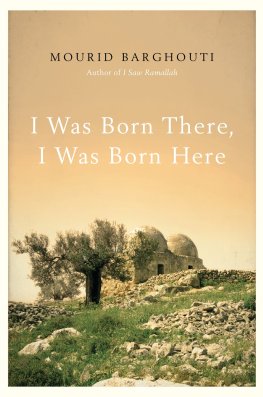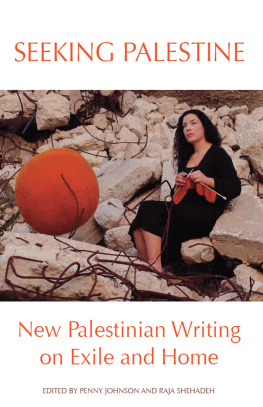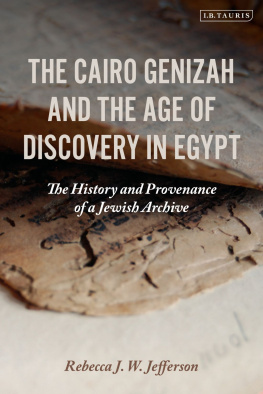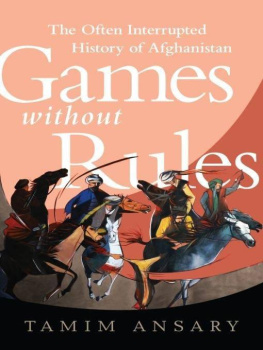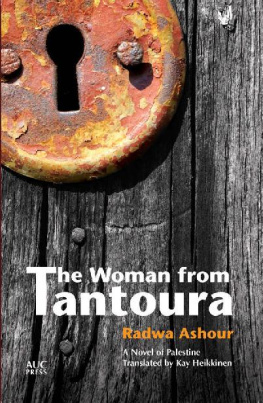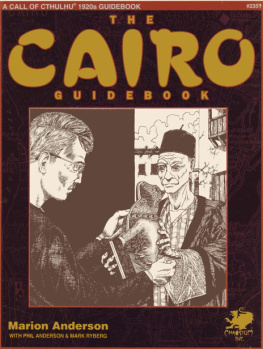Prose
I Saw Ramallah
Poetry
A Small Sun
Midnight and Other Poems
I Was Born There,
I Was Born Here
Mourid Barghouti
Translated from the Arabic by
Humphrey Davies

Copyright 2011 by Mourid Barghouti
English translation copyright 2011 by Humphrey Davies
Foreword copyright 2011 by John Berger
All rights reserved. No part of this book may be reproduced or transmitted in any form or by any means, electronic or mechanical, including photocopying, recording, or by any information storage and retrieval system, without permission in writing from the publisher. For information address Walker & Company, 175 Fifth Avenue, New York, New York 10010.
The poems on pages appeared in Midnight and Other Poems by Mourid Barghouti (trans. Radwa Ashour), published by Arc Publications. Reproduced by permission.
Published by Walker Publishing Company, Inc., New York
A Division of Bloomsbury Publishing
LIBRARY OF CONGRESS CATALOGING-IN-PUBLICATION DATA
Barghuthi, Murid.
[Wulidtu hunak, wulidtu huna. English]
I was born there, I was born here / Mourid Barghouti ; translated from the Arabic by Humphrey Davies.
p. cm.
Short stories. Translated from Arabic.
eISBN: 978-0-8027-4352-7
I. Davies, Humphrey T. (Humphrey Taman) II. Title.
PJ7816.A682W8513 2011
892.736dc23
2011040852
First published in Arabic in 2009 by Riad El-Rayyes Books as Wulidtu hunak, wulidtu huna
Protected under the Berne Convention
First U.S. edition 2012
This electronic edition published in July 2012
www.walkerbooks.com
For Radwa Ashour
Forgive me if what has seemed little to you, to me is all.
Jos Saramago
This book, with its fury and tenderness, its close observation and cosmic metaphors, is wild. Reading it, you follow graphically the experience of the Palestinian people during the last sixty years, and, at the same time, you partake of some of the most ancient recourses of the human imagination when faced with collective suffering and humiliation.
It has been written by the distinguished poet Mourid Barghouti, who is also the father of an honoured poet, Tamim Barghouti. Its a book that begs for an answer to the question: why write poetry? And, in begging, it gives its own lacerating, literal and sometimes lyrical answer.
Ive read no other book in which poetry is so interleaved with the problems and shit (such as identity cards) of daily life, or in which a working poeteither the father or sonis felt to be so close to those for whom their poetry speaks. It comes from the heart of an endless tragedy where jokes are one of the principal means of survival. It redefines in such conditions what is normal.
Its also fine to die in our beds
on a clean pillow
and among our friends.
Its fine to die, once,
our hands crossed on our chests
empty and pale
with no scratches, no chains, no banners,
no petitions.
Its fine to have an undusty death,
no holes in our shirts,
and no evidence in our ribs.
Its fine to die
with a white pillow, not the pavement, under our cheeks.
What has happened and is happening to the land of Palestine and its people is unclassifiable. None of the historical terms such as colonization, annexation, invasion or elimination are precise enough. The word Occupation, which is generally used, has been given a new vast meaning and this book spells out that meaning and the extension of what it means.
Perhaps it is for this reason that the book itself is unclassifiable. Its a book of heartrending stories, a book about poetics, a personal memoir, the history of a family, a journal of confessions, an uncompromising political tract attacking the state of Israel, the corruption of the so-called Palestinian Authority, and the self-serving dictatorships of the surrounding Arab countries. It is also a book of lovelove for all those who, although powerless, somehow continue to live with dignity. With courage, too. Yet dignity offers not only an example, but also a shelter. These pages demonstrate how it does so.
The reader is brought face to face (like people come close together in a very small shelter) with what is happening in Palestine today (every day), which is inseparable from what happened yesterday and what people fear will happen tomorrow. The media never refer to what you discover here. Place names such as Jenin, al-Khalil, Rafah, Hebron and Qalandya become dense with experience.
This, however, is only part of what the book offers. There is something else. Mourid Barghoutis form of narrative insists that lived moments when they are momentous contain something that can be considered eternal, and that such moments, however brief and trivial they may appear to a third eye, join together and form a necklace called a lifetime. Living as we do in a consumerist culture, which recognizes only the latest and the instantaneous, we badly need this reminder. Thank you, Mourid.
1
The Driver Mahmoud
Here we are, safely arrived in Jericho, as he promised. I still cant believe we made it. Maybe it was luck, or the cell phones, or the wiliness of the villagers and shepherds, or maybemost likelyfate hasnt made up its mind yet to let Palestinians die in road accidents. I think most, though, about our driver, Mahmoud.
I stand waiting for him in the hotel porch in Ramallah. He arrives more or less on time. This is nothing unusual for Darwish Tours, who are known for their punctuality. He leaves the taxis engine running, steps down into the light rain, and comes toward me.
Mr. Barghouti?
He picks up my small suitcase (my suitcase is always small here because of the checkpoints) and hurriedly creates a space for it in the trunk. Its good that he doesnt lift it up onto the roof of the taxi along with the other luggage and good that hes picked up the six other passengers first so that we wont waste time searching for their addresses among the hills and valleys of Ramallah. I take my place in the yellow taxi and tell myself its a good start to the day.
He sets off for Jericho without uttering a word, like someone hiding a secret and waiting for the right moment to tell it. Clearly hes decided to avoid the Qalandya checkpoint. The windshield wipers are no good at removing the imprint of the fog, which has taken on the color of zinc, and are losing their race with the rain, which is getting harder. The vehicles in the street are few, the pedestrians fewer.
We leave the confines of Ramallah.
Everything appears normal until he gets a call on his cell phone. He finishes it in seconds and increases speed noticeably. After a few kilometers, he leaves the main road and enters a village that Im seeing for the first time and whose name I dont know but am too embarrassed to ask. Its one narrow street curves, then twists and turns among the houses before we leave it once more for the paved highway.
Good morning, everyone. My name is Mahmoud and this is todays last taxi for the bridge. Israel has informed foreign diplomats the attack will take place tonight or tomorrow and told them to get out of harms way. All the bastards care about is the foreigners; were not human. The armys on alert, the roads are closed, and there are flying checkpoints everywhere. The weather as you can see is bad but well definitely make it to the bridge, with Gods help. Coffee? Pour a cup for everyone, Hajjthe great man lives to serve his people, as they say. Please, have some coffee.
The passengers dont appear particularly upset at the news of the impending attack announced by Mahmoud. In fact, the fat passenger sitting in front of me in the middle seat comments sarcastically: As if the film needed more action! Every day they kill us retail and once in a while they get the urge to kill us wholesale. Big deal! Theyve launched a hundred attacks before and its done them no good. Theyre really stuck. Like they say, Stupidity is trying whats already been tried and expecting different results. The only thing theyre good at is shooting and killing. Each time they attack, go bam-bam-bam, drop bombs from airplanes, and leave. Whats the point?
Next page

